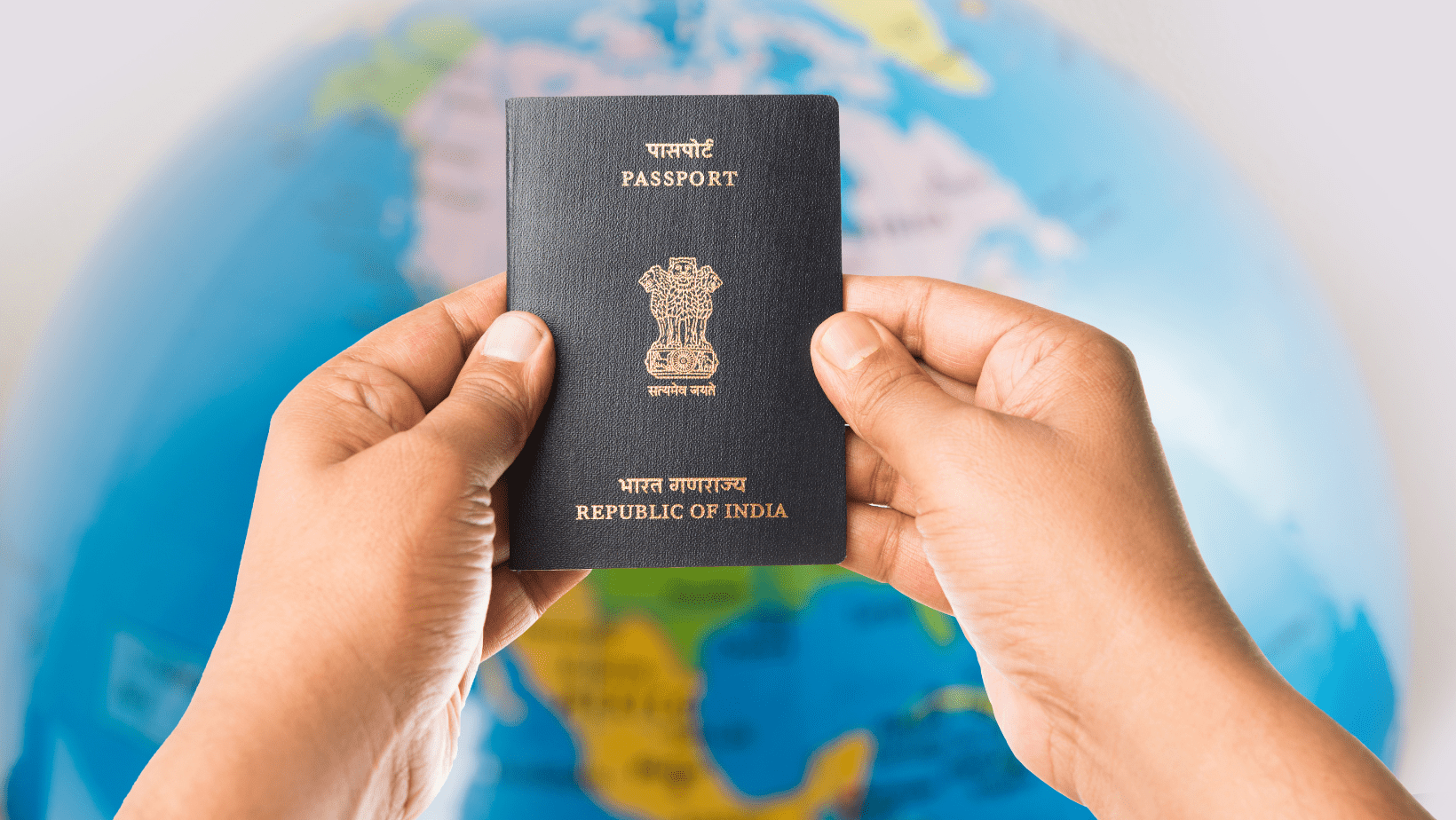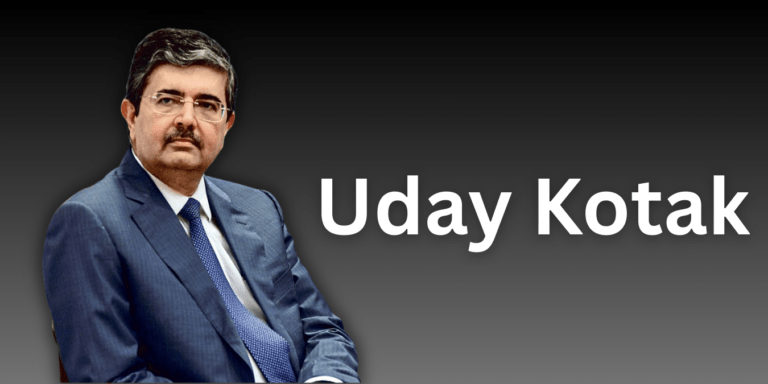
Wondering if RBI allows foreign gifts in NRO accounts? Discover RBI’s surprising rules, tax implications, and legal insights for NRIs. Learn what’s permitted and avoid penalties.
Non-Resident Indians (NRIs), Overseas Citizens of India (OCIs), and Persons of Indian Origin (PIOs) often navigate complex financial regulations when managing their assets in India. One common question is: Does the Reserve Bank of India (RBI) allow foreign gifts in NRO accounts? This blog post provides an in-depth, up-to-date (as of April 2025) exploration of RBI regulations, Foreign Exchange Management Act (FEMA) guidelines, and tax implications surrounding foreign gifts deposited into Non-Resident Ordinary (NRO) accounts. Packed with the latest data, practical insights, this guide aims to help NRIs make informed financial decisions.
Understanding NRO Accounts: A Quick Overview
Before diving into the specifics of foreign gifts, let’s clarify what an NRO account is and its purpose.
An NRO account is a Rupee-denominated bank account designed for NRIs, OCIs, and PIOs to manage income earned in India, such as rent, dividends, pensions, or proceeds from property sales. Unlike Non-Resident External (NRE) accounts, which are meant for foreign-earned income, NRO accounts are primarily for India-sourced income. They are subject to Indian tax laws, and funds are typically withdrawn in Indian Rupees (INR).
Key features of NRO accounts include:
- Permitted deposits: Indian income (rent, dividends, pensions) and foreign funds (converted to INR).
- Repatriation limits: Up to USD 1 million per financial year (April–March) for non-current income, with no cap on current income (e.g., rent, dividends).
- Taxation: Interest earned is taxable in India.
- Joint holders: Can include resident Indians on a “former or survivor” basis.
With this foundation, let’s address the core question: Can foreign gifts be deposited into an NRO account?
RBI Regulations on Foreign Gifts in NRO Accounts
The RBI, under the Foreign Exchange Management Act (FEMA), 1999, governs foreign exchange transactions, including gifts deposited into NRO accounts. According to the latest FEMA guidelines and RBI circulars (as of April 2025), foreign gifts can indeed be deposited into NRO accounts, but there are specific conditions and limits to consider.
1. Permissibility of Foreign Gifts
Foreign gifts, whether in the form of money or assets, can be credited to an NRO account. These funds are typically converted into Indian Rupees at prevailing exchange rates. The RBI allows:
- Monetary gifts from abroad (e.g., cash transfers from relatives or non-relatives).
- Foreign currency remittances, which are converted to INR upon deposit.
For example, if an NRI receives a gift of USD 10,000 from a relative abroad, they can deposit it into their NRO account after conversion to INR. There is no upper limit on the amount of foreign funds that can be deposited, making NRO accounts flexible for managing such gifts.
2. Liberalised Remittance Scheme (LRS) and Gifting Limits
The Liberalised Remittance Scheme (LRS) plays a crucial role in regulating gifts from resident Indians to NRIs. Under LRS:
- A resident Indian can gift up to USD 250,000 per financial year to an NRI/PIO/OCI who is a close relative (as defined under the Companies Act, 2013).
- The gift must be credited to the NRI’s NRO account via crossed cheque or electronic transfer.
- The resident donor is responsible for ensuring compliance with the USD 250,000 limit.
Definition of “close relative” under the Companies Act, 2013:
- Spouse
- Father, mother
- Son, daughter
- Son’s wife, daughter’s husband
- Brother, sister
For instance, if a resident Indian parent wishes to gift INR 1 crore (approximately USD 120,000) to their NRI child, they can transfer it to the child’s NRO account, provided it falls within the LRS limit of USD 250,000 for the financial year.
3. Repatriation of Gifted Funds
While depositing foreign gifts into an NRO account is straightforward, repatriating these funds abroad is subject to restrictions:
- Current income (e.g., rent, dividends, interest) can be repatriated without any limit, provided taxes are paid.
- Non-current income (e.g., gifts, proceeds from property sales) is capped at USD 1 million per financial year across all NRO accounts held by the NRI.
- For repatriation beyond USD 1 million, prior RBI approval is required.
For example, if an NRI receives a USD 50,000 gift in their NRO account, they can repatriate it within the USD 1 million limit, subject to tax compliance and documentation (e.g., Form 15CA/CB).
4. Documentation Requirements
To deposit or repatriate foreign gifts, banks may require:
- Source of funds proof: For gifts, this could include a declaration from the donor or bank statements.
- Form 15CA/CB: Required for repatriation to ensure tax compliance.
- KYC documents: Passport, visa, or OCI card.
- Gift deed (if applicable): For high-value gifts or assets like property.
Authorized Dealer (AD) banks, such as ICICI Bank or HDFC Bank, handle most due diligence and may not require RBI approval for transfers under USD 1 million.
Tax Implications of Foreign Gifts in NRO Accounts
While the RBI permits foreign gifts in NRO accounts, the Income Tax Act, 1961, governs their taxability. Here’s a breakdown of the tax rules as of April 2025:
The Gift Tax Act, 1958, was abolished in 1998, meaning gifts are not taxed as a separate category. However, under Section 56(2)(x) of the Income Tax Act, gifts are taxable as “income from other sources” in certain cases:
- Gifts from relatives: Tax-free, regardless of the amount. Relatives include spouse, parents, siblings, children, grandparents, and grandchildren (as per the Income Tax Act, not the Companies Act).
- Gifts from non-relatives: Taxable if the aggregate value exceeds INR 50,000 per financial year. The entire amount is added to the recipient’s taxable income.
- Exemptions: Gifts received on marriage, under a will, or in contemplation of the donor’s death are tax-free, even from non-relatives.
For example, if an NRI receives a USD 20,000 gift from a non-relative friend, it converts to approximately INR 16.8 lakh (assuming USD 1 = INR 84). Since this exceeds INR 50,000, the entire amount is taxable in India.
2. Tax on Interest Earned
Any interest earned on the gifted funds in an NRO account is taxable in India at the NRI’s applicable income tax slab rate. For instance, if the gifted amount earns 6% interest in an NRO fixed deposit, the interest is subject to tax, with TDS (Tax Deducted at Source) typically applied at 30% (plus surcharge and cess).
3. Double Taxation Avoidance Agreements (DTAAs)
If the NRI is a resident of a country with a DTAA with India (e.g., the USA, UK, Canada), they may claim tax credits in their country of residence for taxes paid in India on NRO account income, including gifts from non-relatives.
Practical Scenarios: Foreign Gifts in NRO Accounts
To illustrate, here are common scenarios NRIs encounter:
Scenario 1: Gift from a Relative Abroad
An NRI living in the USA receives a USD 15,000 gift from their cousin (a US citizen) via wire transfer. The funds are deposited into the NRO account after conversion to INR. Since the cousin is a relative under the Income Tax Act, the gift is tax-free. The NRI can repatriate the amount within the USD 1 million limit, provided they submit Form 15CA/CB and comply with tax regulations.
Scenario 2: Gift from a Non-Relative
An OCI in Singapore receives a SGD 50,000 gift from a friend. Converted to INR (approximately INR 31 lakh), the gift exceeds the INR 50,000 threshold and is taxable in India. The OCI must report it as income and pay taxes accordingly. Repatriation is possible up to USD 1 million per year.
Scenario 3: Resident Indian Gifting to NRI
A resident Indian mother gifts INR 50 lakh to her NRI daughter’s NRO account. The gift is within the LRS limit of USD 250,000 and is tax-free (since it’s from a relative). The daughter can repatriate up to USD 1 million, including this gift, after fulfilling documentation requirements.
Latest Data and Trends
As of April 2025, the following trends and data are relevant:
- Remittance inflows: India remains the world’s largest recipient of remittances, with USD 111 billion in 2024, per World Bank estimates. A significant portion flows into NRO accounts.
- LRS outflows: Resident Indians remitted USD 27.4 billion under LRS in FY 2023-24, with gifting to NRIs being a key component.
- Tax compliance: The Income Tax Department has increased scrutiny of high-value gifts, requiring NRIs to maintain robust documentation.
- Digital banking: Banks like DBS, ICICI, and HDFC offer seamless online platforms for NRO account management and repatriation, reducing processing times to 2-5 days for transfers under USD 1 million.
How to Deposit and Manage Foreign Gifts in NRO Accounts
Here’s a step-by-step guide for NRIs:
- Open an NRO account: If you don’t have one, visit an AD bank (e.g., SBI, HDFC) or apply online. Submit KYC documents (passport, visa, OCI card).
- Receive the gift: Ensure the donor transfers funds via SWIFT, wire transfer, or cheque to your NRO account. Provide a gift declaration if required.
- Convert to INR: Foreign currency gifts are automatically converted to INR by the bank.
- File taxes: Report taxable gifts (from non-relatives) in your Income Tax Return (ITR). Use Form 15CA/CB for repatriation.
- Repatriate funds: Submit a request to your bank with supporting documents. For amounts exceeding USD 1 million, seek RBI approval through your bank.
Challenges and Tips for NRIs
Challenges
- Tax complexity: Determining whether a gift is taxable (relative vs. non-relative) can be confusing.
- Documentation: Banks may demand extensive proof of the gift’s source, delaying transactions.
- Repatriation limits: The USD 1 million cap restricts large gifts or asset sale proceeds.
Tips
- Maintain records: Keep donor declarations, bank statements, and gift deeds handy.
- Consult a CA: A chartered accountant can ensure FEMA and tax compliance.
- Choose AD banks: Opt for RBI-authorized banks for faster processing.
- Leverage DTAAs: Claim tax credits in your country of residence to avoid double taxation.
Final Thought
The RBI, under FEMA, allows foreign gifts to be deposited into NRO accounts with no upper limit, making them a flexible tool for NRIs, OCIs, and PIOs. However, repatriation is capped at USD 1 million per financial year for non-current income, and tax implications depend on the donor’s relationship and gift value. By understanding RBI regulations, LRS limits, and tax rules, NRIs can effectively manage foreign gifts while staying compliant.
For personalized guidance, consult your bank’s relationship manager or a FEMA expert. Stay updated with RBI circulars, as regulations may evolve. If you’re an NRI looking to streamline your finances in India, an NRO account is a powerful tool—use it wisely!

































